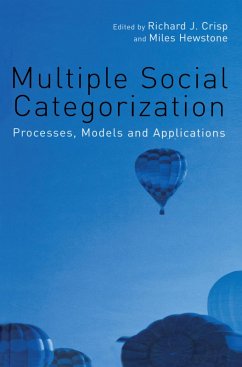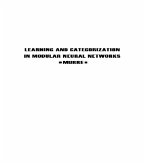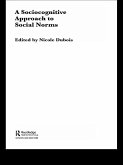Social categorization, how we classify ourselves and others, exerts a profound influence on our thoughts, beliefs, feelings, and behaviors. In this volume, Richard Crisp and Miles Hewstone bring together a selection of leading figures in the social sciences to focus on a rapidly emerging, but critically important, new question: how, when, and why do people classify others along multiple dimensions of social categorization? The volume also explores what this means for social behavior, and what implications multiple and complex perceptions of category membership might have for reducing prejudice, discrimination, and social exclusion.
Topics covered include:
- the cognitive, motivational, and affective implications of multiple categorization
- the crossed categorization and common ingroup methods of reducing prejudice and intergroup discrimination
- the nature of social categorization among multicultural, multiethnic, and multilingual individuals.
Multiple Social Categorization: Process, Models and Applications addresses issues that are central to social psychology and will be of particular interest to those studying or researching in the fields of Group Processes and Intergroup Relations.
Dieser Download kann aus rechtlichen Gründen nur mit Rechnungsadresse in A, B, BG, CY, CZ, D, DK, EW, E, FIN, F, GR, HR, H, IRL, I, LT, L, LR, M, NL, PL, P, R, S, SLO, SK ausgeliefert werden.









